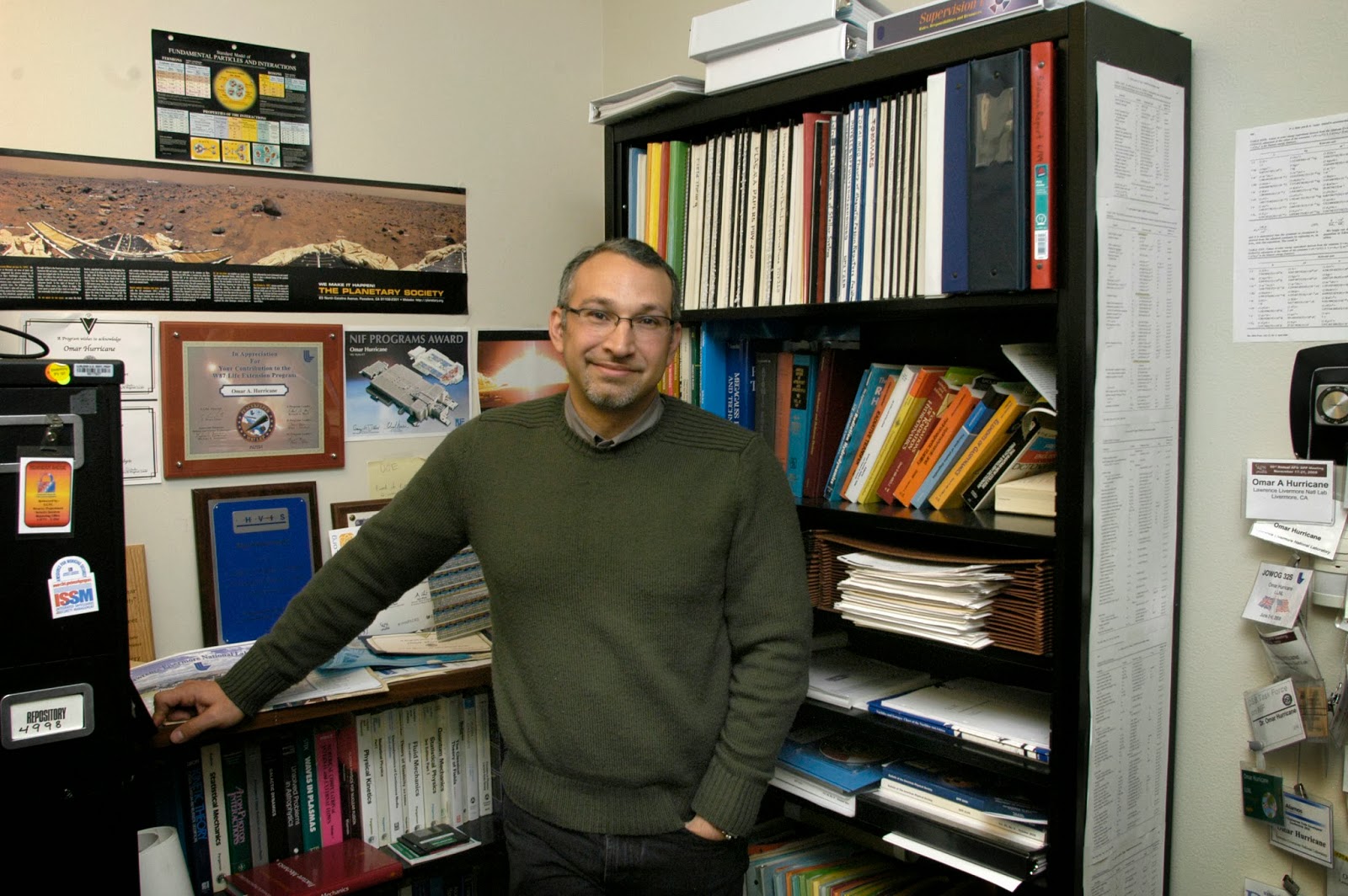Green Energy

Scientists Say Laser Has Produced Nuclear Fusion...
-
Fox: Iran Claims to Have Produced Its First Nuclear Fuel Rod TEHRAN, Iran – Iranian scientists have produced the nation's first nuclear fuel rod, a feat of engineering the West has doubted Tehran capable of, the country's nuclear agency said...
-
Abnormal radiation detected near Korean borderSEOUL, South Korea – Abnormally high radiation levels were detected near the border between the two Koreas days after North Korea claimed to have mastered a complex technology key to manufacturing a hydrogen...
- Iran Could Be Developing Hydrogen Bomb
From the Weekly Standard: Iran's nuclear program is spread throughout a variety of experimental laboratories, hardened enrichment facilities, heavy water manufacturing plants, and two plutonium reactors currently...
- Oh Just Perfect...rafsanjani:iran Wants Fusion
From MEMRI Rafsanjani: Iran Beginning Work On Nuclear Fusion Iranian Expediency Council chairman Akbar Hashemi Rafsanjani has announced that Iran is at the beginning of the first stage of nuclear fusion. He said, "Nuclear fusion is more...
- But Nothing Ill Can Come An Of An Entire Nation So Occupied, Eh?
TEEN GOES NUCLEAR: He creates fusion in his Oakland Township home What's in your basement? Sarin? What's in the Iran's basement? On the surface, Thiago Olson is like any typical teenager. He's on the cross country and track teams at Stoney...
Green Energy
Scientists Say Laser Has Produced Nuclear Fusion

Scientists Say Laser Has Produced Nuclear Fusion...
Scientists in California said on Wednesday night that they have for the first time managed to release more energy from their nuclear fusion experiment than they put into it, which marks a critical threshold in eventually achieving the goal of a self-sustaining nuclear-fusion reaction.
Nuclear fusion uses a fuel source derived from water and produces none of the more dangerous and long-lasting isotopes, such as enriched uranium and plutonium, that result from conventional nuclear power plants, which rely on the fission or splitting of atoms rather than their fusion.
Researchers involved in the Nuclear Ignition Facility (NIF) at the Lawrence Livermore National Laboratory said that they have used 192 laser beams to compress a tiny fuel pellet less than half the diameter of a human hair in such a way that it triggered the net release of energy by nuclear fusion.
The fuel, composed of the two hydrogen isotopes tritium and deuterium derived from water, was compressed together under enormous pressures and temperatures for less than a billionth of a second, but this was enough to see more energy coming out of the experiment than went into it.
“We are fusing deuterium and tritium, which are isotopes of water, in a way that gets them to run together at high enough speed to overcome their natural electrical repulsion to each other,” said Omar Hurricane of the Livermore laboratory.
“We are finally, by harnessing these reactions, getting more energy out of these reactions than we are putting into the deuterium-tritium fuel... We took a step back from what we tried before and in the process took a leap forward,” said Dr Hurricane, who led the NIF study published in the journal Nature.
-
Fox: Iran Claims to Have Produced Its First Nuclear Fuel Rod TEHRAN, Iran – Iranian scientists have produced the nation's first nuclear fuel rod, a feat of engineering the West has doubted Tehran capable of, the country's nuclear agency said...
-
Abnormal radiation detected near Korean borderSEOUL, South Korea – Abnormally high radiation levels were detected near the border between the two Koreas days after North Korea claimed to have mastered a complex technology key to manufacturing a hydrogen...
- Iran Could Be Developing Hydrogen Bomb
From the Weekly Standard: Iran's nuclear program is spread throughout a variety of experimental laboratories, hardened enrichment facilities, heavy water manufacturing plants, and two plutonium reactors currently...
- Oh Just Perfect...rafsanjani:iran Wants Fusion
From MEMRI Rafsanjani: Iran Beginning Work On Nuclear Fusion Iranian Expediency Council chairman Akbar Hashemi Rafsanjani has announced that Iran is at the beginning of the first stage of nuclear fusion. He said, "Nuclear fusion is more...
- But Nothing Ill Can Come An Of An Entire Nation So Occupied, Eh?
TEEN GOES NUCLEAR: He creates fusion in his Oakland Township home What's in your basement? Sarin? What's in the Iran's basement? On the surface, Thiago Olson is like any typical teenager. He's on the cross country and track teams at Stoney...
